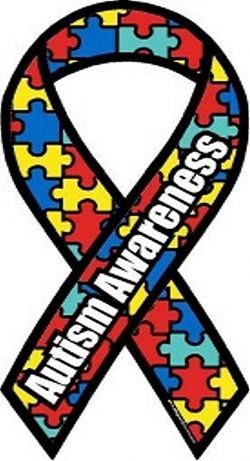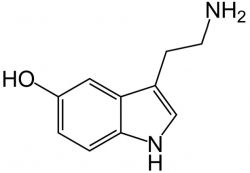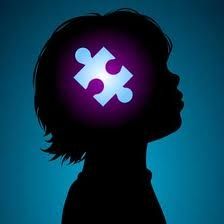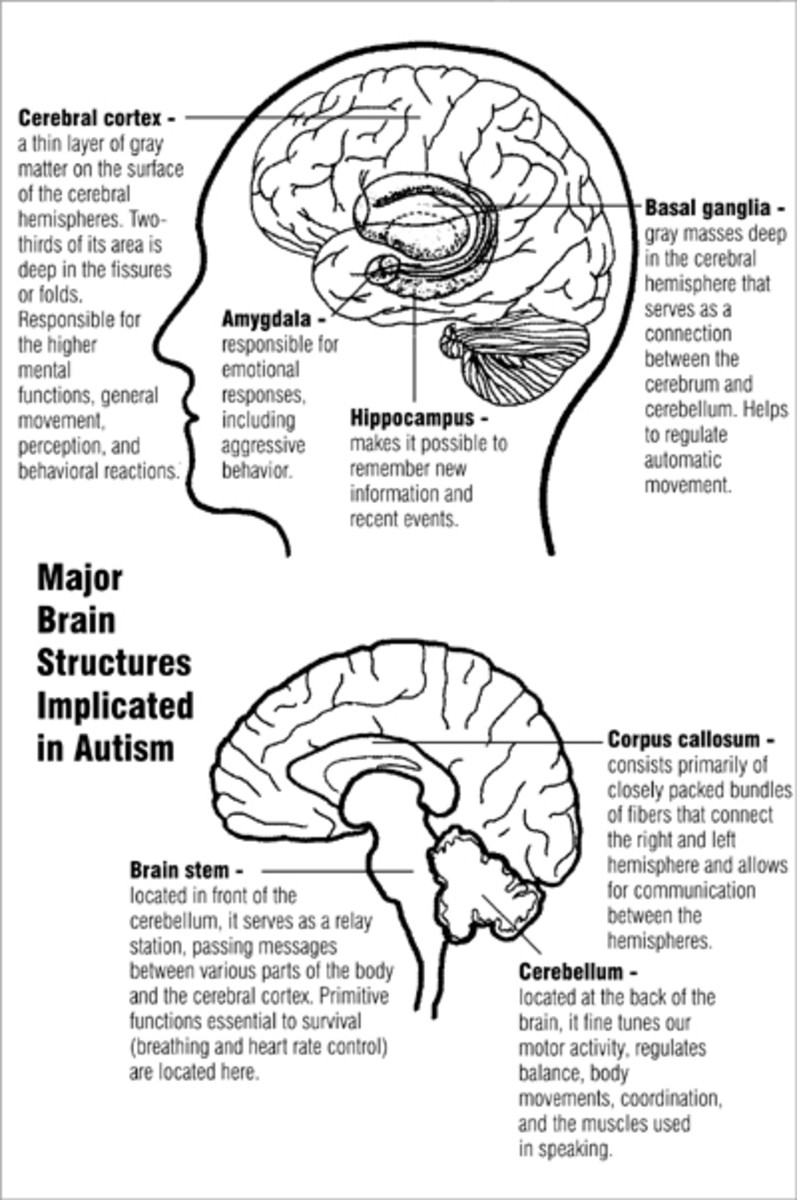Autism and Autism Research.

Research. Trying to lift the veil of Autism.
Autism is a pervasive developmental disorder which affects social and communication skills and, to a greater or lesser degree, motor and language skills. It is such a broad diagnosis that it can include people with high IQs and mental retardation -- and people with autism can be chatty or silent, affectionate or cold, methodical or disorganized.
Researchers have been investigating Autism and trying to find the cause for almost 30 years, more-so in recent years as the reported cases of Autism begin to reach epidemic proportions.
This Lens is about Autism, what it is, what it does, and what is being done to find answers and a cure.
Asperger Syndrome is a High Functioning Form of Autism

What exactly happens when a person has Autism?
Their view of the world is different.
Autism causes children to experience the world differently from the way most other children do. It's hard for children with autism to talk with other people and express themselves using words. Children who have autism usually keep to themselves and many can't communicate without special help.
They also may react to what's going on around them in unusual ways. Normal sounds may really bother someone with autism - so much so that the person covers his or her ears. Being touched, even in a gentle way, may feel uncomfortable.
Children with autism often can't make connections that other children make easily. For example, when someone smiles, you know the smiling person is happy or being friendly. But a child with autism may have trouble connecting that smile with the person's happy feelings.
A child who has autism also has trouble linking words to their meanings. Imagine trying to understand what your mom is saying if you didn't know what her words really mean. It is doubly frustrating then if a child can't come up with the right words to express his or her own thoughts.
Autism causes children to act in unusual ways. They might flap their hands, say certain words over and over, have temper tantrums, or play only with one particular toy. Most children with autism don't like changes in routines. They like to stay on a schedule that is always the same. They also may insist that their toys or other objects be arranged a certain way and get upset if these items are moved or disturbed.
If someone has autism, his or her brain has trouble with an important job: making sense of the world. Every day, your brain interprets the sights, sounds, smells, and other sensations that you experience. If your brain couldn't help you understand these things, you would have trouble functioning, talking, going to school, and doing other everyday stuff. children can be mildly affected by autism, so that they only have a little trouble in life, or they can be very affected, so that they need a lot of help.
There Are Dozens of Treatments for Autism - But No 'Cure'

What are the symptoms of autism?
They can be very subtle, or not so subtle.
The main signs and symptoms of autism involve problems in the following areas:
* Communication - both verbal (spoken) and non-verbal (unspoken, such as pointing, eye contact, and smiling)
* Social - such as sharing emotions, understanding how others think and feel, and holding a conversation
* Routines or repetitive behaviors (also called stereotyped behaviors) - such as repeating words or actions, obsessively following routines or schedules, and playing in repetitive ways
There are many possible red flags for autism - behaviors that may be signs or symptoms of autism. Some features may mean a delay in one or more areas of development, while others may be more typical of autism spectrum disorders. If you think your child shows red flags for autism, talk to your health care provider. The symptoms of autism can usually be observed by 18 months of age.
Some people with autism are chatty; others are silent.

Thin Bones Seen In Boys with Autism and Autism Spectrum Disorder
Results of an early study suggest that dairy-free diets and unconventional food preferences could put boys with autism and autism spectrum disorder (ASD) at higher than normal risk for thinner, less dense bones when compared to a group of boys the same age who do not have autism.
The study, by researchers from the National Institutes of Health and Cincinnati Children's Hospital Medical Center, was published online in the Journal of Autism and Developmental Disorders.
The researchers believe that boys with autism and ASD are at risk for poor bone development for a number of reasons. These factors are lack of exercise, a reluctance to eat a varied diet, lack of vitamin D, digestive problems, and diets that exclude casein, a protein found in milk and milk products. Dairy products provide a significant source of calcium and vitamin D. Casein-free diets are a controversial treatment thought by some to lessen the symptoms of autism.
It is possible to be bright, verbal, and autistic as well as mentally and socially awkward, non-verbal and autistic.

The Seratonin Connection.
High levels may be a factor in Autism cases.
Serotonin is a chemical that functions as a neurotransmitter (chemical communicator) in our brains. (Specifically, serotonin is concentrated in a part of the brain stem called the raphe nucleus). Serotonin is also present in certain blood cells called platelets. It is thought to be involved in inducing sleep, sensory perception, temperature regulation, and control of mood. Serotonin is of interest to autism researchers because some individuals with autism have consistently been found to have high levels of serotonin in their blood stream platelets. However, it is unclear what a high serotonin level signifies.
There Are Many Theories on the Cause of Autism, But No Consensus

Recent Autism research findings.
Evidence Against X-linkage as a Major Cause of Autism
Since it is a known fact that more males have autism than females, researchers believed that autism might be associated with a non-working gene on the X chromosome. Recent data for our group and others have shown that it is unlikely that a gene on the X chromosome causes the majority of cases of autism.
How do we know this? By studying many different families in which more than one member has autism, or a variant of autism such as Asperger’s syndrome or PDD, we have seen that in a number of families the "gene" is passed through the father to a male child with autism. Since a father transmits an X chromosome only to his daughters and not his sons, the "gene" cannot be on the X chromosome in these families.
Even "high functioning" autism is challenging for parents.
Children Rarely "Outgrow" Autism








